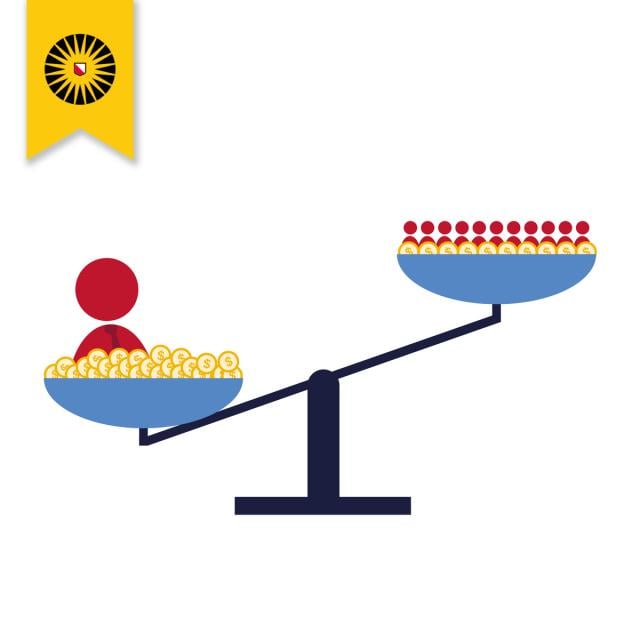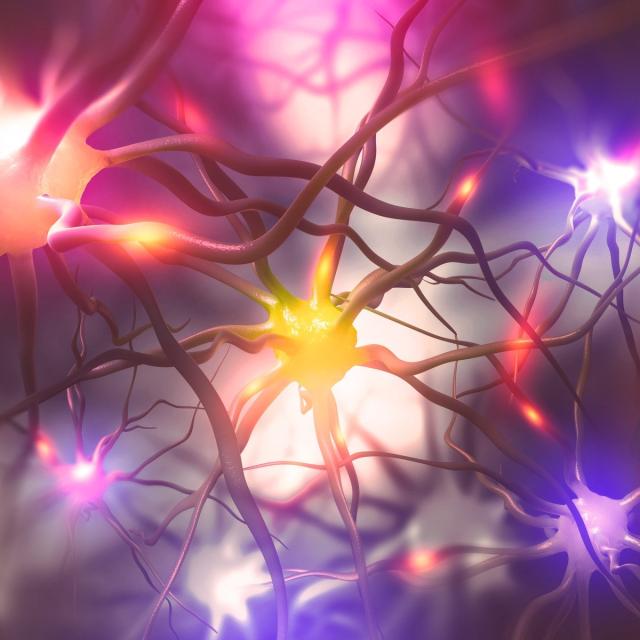Global China: From the Mongols to the Ming (edX)
Categories
Effort
Languages
Explore the impact of the conquest dynasties and the world of the Ming. In the 13th century, by force of arms, the Mongols created the greatest empire in human history. Yet by the end of the Ming dynasty in the late 16th century, a new global economy emerged. New [...]
Self Paced










